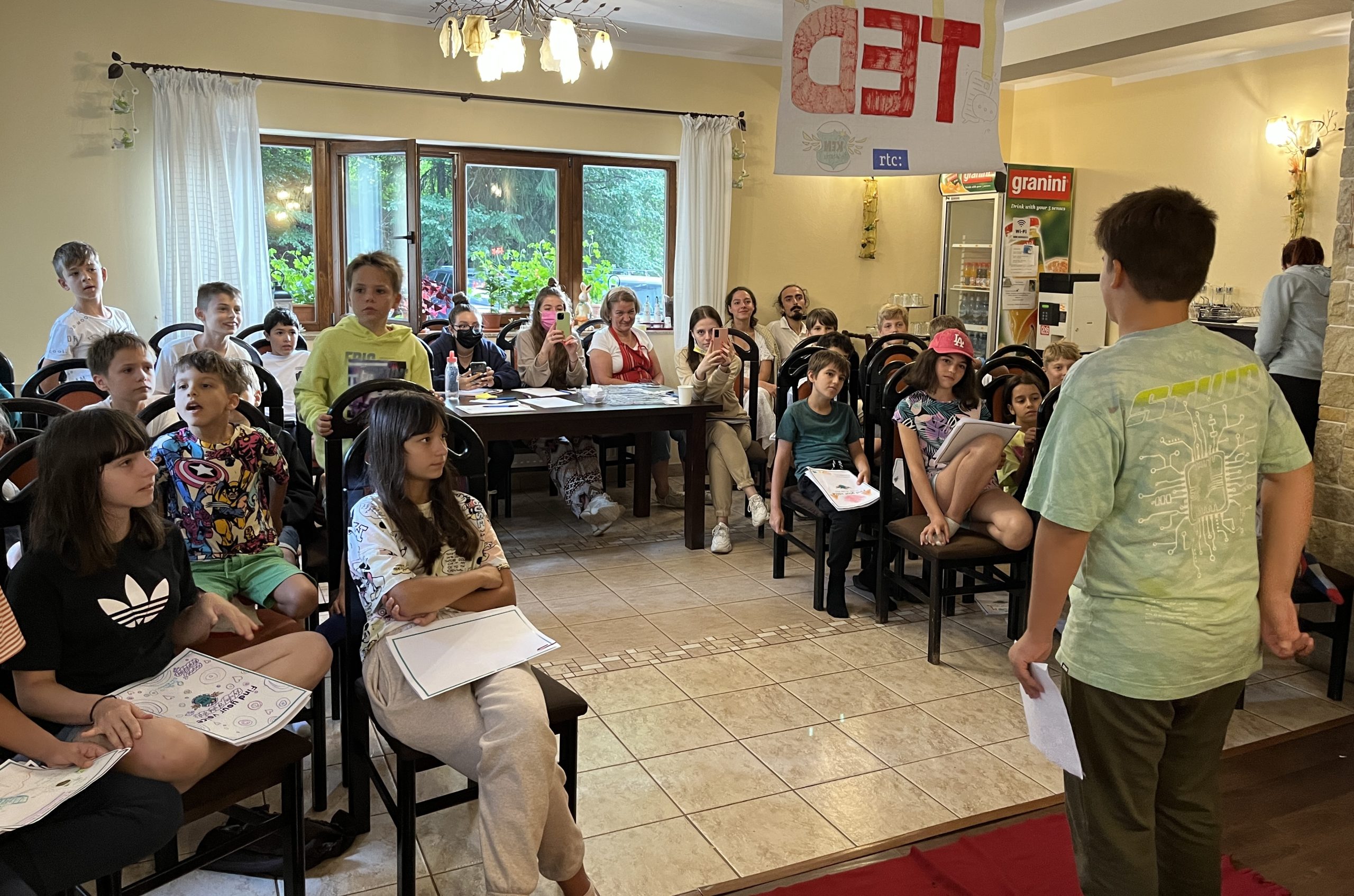
Do we praise or give feedback? How do we know if there is room for both?
The feedback it is an essential component of effective education. It provides students with information about their performance, helps them understand how they can improve, and motivates them to strive for excellence. Praise is, as he said John Hattie, in Visible learning, a fuel for well-being and confidence in one's own strength, but without focus on the process, on action. Certainly, praise it plays an important role in shaping a climate with a focus on motivation and well-being, but it is not enough. It is important for educators, teachers and parents to move beyond the narrow framework of praise and focus on process and giving feedback. The balance of the two is essential, and although sometimes overwhelming, adults should channel their energy on the particularities of each individual child, not on a general characterization of a collective.
The feedback is crucial in education because it gives students information about their strengths and weaknesses, helps them set goals, and motivates them to improve. In a study by Hattie and Timperley (2007), it was found that feedback had a strong effect on student achievement. The study also showed that feedback was more effective when it was specific, focused on the task rather than the individual, and was provided in a timely manner.
Effective feedback helps students develop self-regulation skills that are essential for lifelong learning. According to Zimmerman (2000), students who are successful in self-regulation are those who are able to set goals, monitor their progress, and adjust their strategies as needed. Feedback plays a key role in this process as it provides students with information about their progress and helps them adjust their learning strategies accordingly.
How can feedback be used effectively?
• To be effective, feedback must be specific, timely, and focused on the task rather than the individual. Hattie and Timperley (2007) found that feedback focusing on the task rather than the individual was more effective because it helped students understand how they could improve.
• Also, to be effective, feedback must be timely. According to Hattie and Timperley (2007), feedback that is provided immediately after task completion is more effective than feedback that is delayed. Timely feedback helps students connect the feedback to the task and remember what they did well and what they need to improve.
• Another important factor for effective feedback is specificity. Feedback should be specific and focus on the task or behavior being assessed. For example, instead of saying very good, a teacher might say you have explained the argument in great detail in your composition, and that wins the reader's attention.
The feedback it is an essential component of effective education. It helps students understand their strengths and areas for improvement, set goals, and develop self-regulation skills. Feedback is most effective when it is specific, focuses on the task rather than the individual, and is provided in a timely manner. Teachers and educators should strive to provide effective feedback to help students reach their full potential.
Useful resources:
Hattie, J., & Timperley, H. (2007). The power of feedback. Review of Educational Research, 77(1), 81-112. doi:10.3102/003465430298487
Zimmerman, BJ (2000). Achieving self-regulation: A social cognitive perspective. In M. Boekaerts, PR Pintrich, & M. Zeidner (Eds.), Handbook of self-regulation (pp. 13-39). San Diego, CA: Academic Press.
*Article written by Veronica Dunga, KEN Academy trainer.
Tag:feedback
